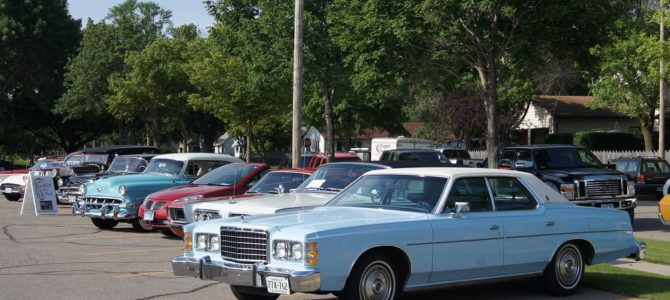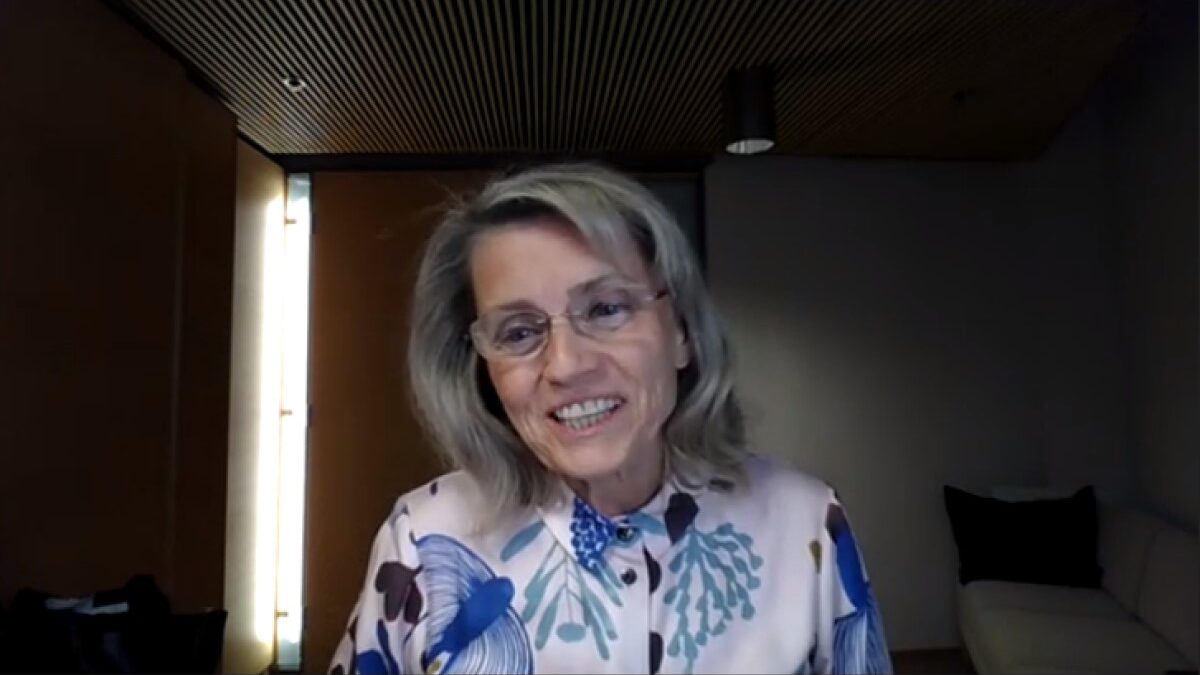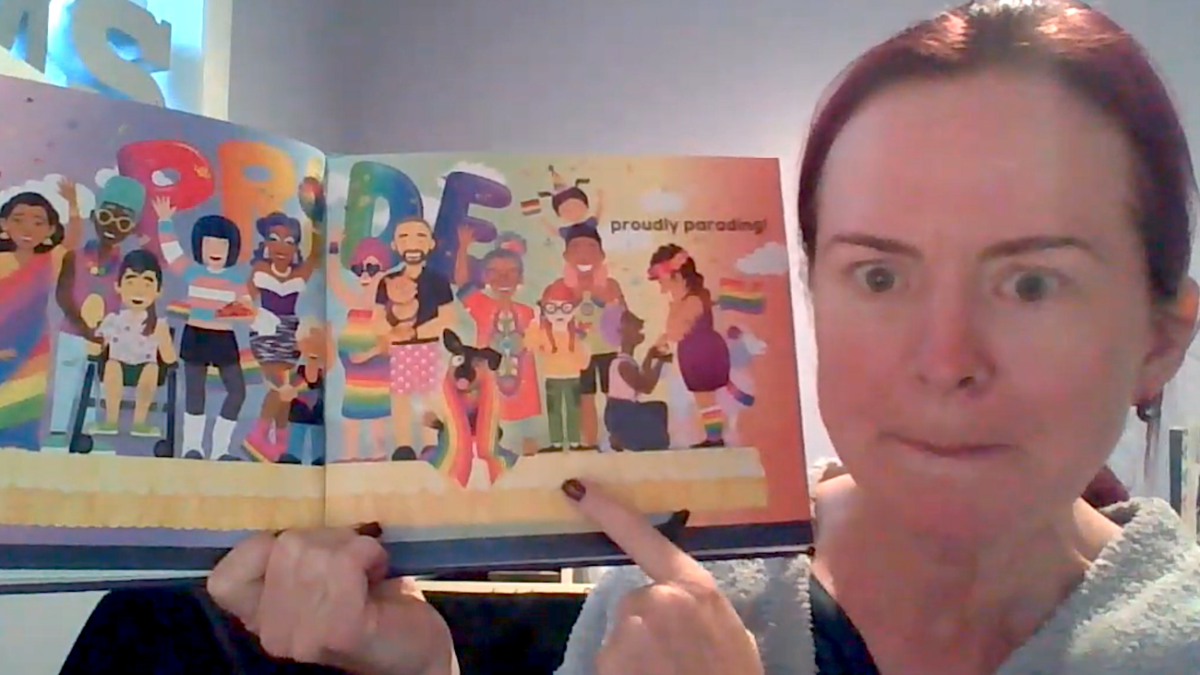
The COVID-19 panic has prompted local and state government officials to temporarily shut down businesses, large group gatherings, and anything else they deem unsafe. Unfortunately, some local officials have taken this too far by targeting religious people. In some states, people of faith have filed lawsuits alleging local authorities have violated their free exercise and free speech rights.
Even during a global health scare, we must fiercely protect our First Amendment rights. Let’s go through some recent religious freedom litigation case by case.
Kansas Governor Tightens the Clamps
Two churches in Kansas got a federal court to grant a restraining order last weekend to keep the provisions from Gov. Laura Kelly’s Executive Order (EO) 20-25 signed on April 17 from taking effect. The churches claimed parts of it infringed on Americans’ constitutional rights to worship freely.
Kelly’s order not only specifically states people must social distance in a religious setting, but gives at least 26 exemptions to the order such as gatherings in office buildings. The numerous exemptions provide proof that her EO explicitly targets people of faith, singling them out and applying rules to them that are not applied to nonreligious activities.
For example, Alliance Defending Freedom Senior Counsel Tyson Langhofer told me that based on the order, 100 people could gather to discuss a real estate deal in an office building but 11 people could not gather in that same building for a Bible study: This is an infringement of the First Amendment because the EO’s mandates do not apply equally to both religious and secular activities.
The two churches suing are in rural settings where Internet service is sketchy so online services are difficult and even drive-in services were difficult due to fuzzy radio service.
Chattanooga Officials Okay Drive-In Restaurants, Ban Drive-In Church
A Chattanooga church filed a lawsuit in federal court a few days ago to challenge the city’s ban on drive-in church services. While originally Mayor Andrew Berke had banned large gatherings but allowed drive-in church services, on April 9, he abruptly issued a message on the city’s web site and Facebook page specifically prohibiting drive-in services, calling them “a violation of our shelter-in-place directive.”
A few weeks ago, at least one pastor approached the Chattanooga Police Department about whether drive-in church services were permitted in the city. He says he was told drive-in church services would not violate the city’s order. Even though multiple churches held such services following all the social distancing guidelines mandated by the state, as people remained in their cars and listened to their pastor on their car radios, Berke narrowed his ban and specifically called out drive-in church services.
NC Allows Abortions, Bans People Praying 6 Feet Apart
On April 4, police in Greensboro, North Carolina arrested eight people from “Love Life,” a pro-life organization, who were peacefully praying outside an abortion clinic. Law enforcement officials charged them with violating the city’s ban on mass gatherings due to COVID-19.
Alliance Defending Freedom has filed a complaint against the city claiming the arrests violate equal protection, due process, the Constitution’s Establishment Clause, and the free association rights of the members of Love Life. Part of the complaint says the “County has passed, and the City is enforcing, regulations limiting the operations of certain businesses and activities, and imposing social distancing requirements in response to the recent pandemic, but those requirements have been applied in an inconsistent and unconstitutional manner with respect to peaceful conduct and charitable religious activities in Greensboro.”
The city maintains they had every right to arrest the Love Life members because they traveled by car outside the county—prohibitions unspecified in the city’s COVID-19 ban. The city also claims they had the authority to prohibit all First Amendment activity, an egregious abuse of the power granted to local officials in public health emergencies.
Since Love Life members complied with the social distancing rules yet were still arrested, this appears to comprise the city targeting a specific group of people for their beliefs. This will be a lawsuit to watch in the coming months to see if Greensboro officials violated the First Amendment rights of law-abiding people under the guise of emergency powers.
Kentucky Governor, Mayor Go Nuts on Churches
In at least two separate instances, state officials in Kentucky—particularly Democrat Gov. Andy Beshear and Louisville Mayor Greg Fischer—proved unable to balance social distancing mandates with First Amendment rights during Holy Week. On Friday, April 10—just before Easter Sunday—the governor suddenly announced he would track the license plates of church attendees, and local officials would force them to quarantine for 14 days in their home.
Gov. Beshear announces cops will photograph your license plate and health officials will come to your house and force you to quarantine for 14 days if you go to church on Sunday. https://t.co/24b9eGPvtL
— Ben Domenech (@bdomenech) April 11, 2020
While the headline of the story said he would do this for all gatherings, more specific details showed Beshear just seemed to be targeting churchgoers. Although he did say this would not apply to anyone attending drive-in church, which followed the quarantine guidelines in place.
Fortunately, Kentucky’s attorney general spoke up about these violations and urged state officials to be cautious. He tweeted in part, “Directing a uniformed presence at church services to record the identity of worshippers and to force a quarantine, while doing no such thing for the people gathered at retail stores or obtaining an abortion, is the definition of arbitrary.”
I encourage all Kentuckians to social distance and celebrate Easter in their homes, as I’ll be doing.
I am, however, deeply concerned that our law enforcement officers are being asked to single out religious services. (1/2)
— Attorney General Daniel Cameron (@kyoag) April 11, 2020
Also just before Easter Sunday, Fischer announced a ban on even drive-in church services. A local church protested and was able to receive an emergency temporary restraining order against the very targeted ban that only applied to people of faith.
JUST IN: Judge Justin Walker grants temporary restraining order against @louisvillemayor Greg Fischer's drive-in church ban on behalf of On Fire Christian Center, Inc. https://t.co/rQcZ0UeuYl#Louisville #COVID19 #coronavirus pic.twitter.com/mho12TeawK
— Philmonger (@phillipmbailey) April 11, 2020
Several churchgoers have filed a lawsuit against Beshear for his remarks about gathering license plate information from people who attended Easter Sunday gatherings. Whether that succeeds will likely depend on whether Beshear threatened all in-person gatherings that weekend or just those of people attending church services.
Greenville, Mississippi Attempts Arbitrary Drive-In Ban
Law enforcement officials also targeted people of faith in Greenville, Mississippi. On Wednesday, April 8, members of Temple Baptist Church drove to the church’s parking lot on Wednesday night for a drive-in church service. It was a small gathering of about 20 vehicles.
Just like a drive-in movie, the people attending stayed in their cars with their windows rolled up. They listened to Pastor Arthur Scott preach a sermon over a FM radio frequency from a microphone. Even though no one got out of his car during the sermon, eight police officers arrived and issued $500 per-person tickets for violating the mayor’s ban, which had only applied to drive-in services, but not drive-in restaurants.
https://twitter.com/MichaelCoudrey/status/1249151474594189312
Attorneys Alliance Defending Freedom immediately filed suit in federal district court that following Friday “to challenge Mayor Errick Simmons’ April 7 executive order that bans drive-in church services until the Mississippi governor lifts a statewide shelter-in-place order prompted by the COVID-19 pandemic.” The state governor’s order doesn’t even ban drive-in services and says churches are essential during this time.
In a statement, Alliance Defending Freedom Senior Counsel Ryan Tucker said, “It’s disappointing to see the city of Greenville continue this unconstitutional, unwarranted ban on drive-in church services. This church has taken on creative ways to minister to people in its community without access to social media. The city’s order is baseless, and so we intend to continue aggressively pursuing our case against it in court.”
In fact, Greenville government officials abused their power to the point that it prompted an unusually lengthy statement of interest from U.S. Attorney General William Barr: “even in times of emergency, when reasonable and temporary restrictions are placed on rights, the First Amendment and federal statutory law prohibit discrimination against religious institutions and religious believers […] For example, if a government allows movie theaters, restaurants, concert halls, and other comparable places of assembly to remain open and unrestricted, it may not order houses of worship to close, limit their congregation size, or otherwise impede religious gatherings. Religious institutions must not be singled out for special burdens.”
These instances are not only examples of people trying to continue to practice their faith in times of crisis, but they show just how quickly and easily government officials can abuse their power and disregard the sacred rights of religious Americans to practice their faith on an equal footing with all other activities, and with no interference from government with their worship, as the Constitution requires.









